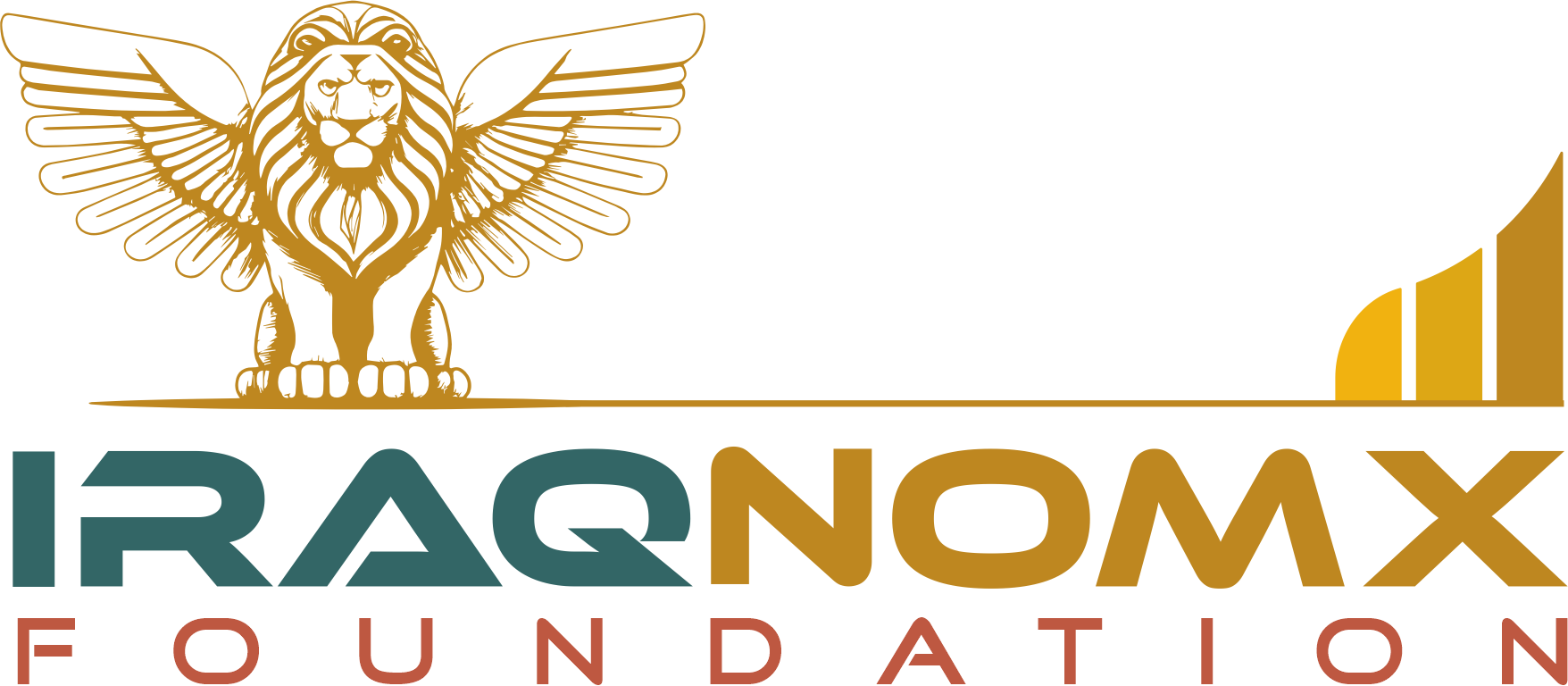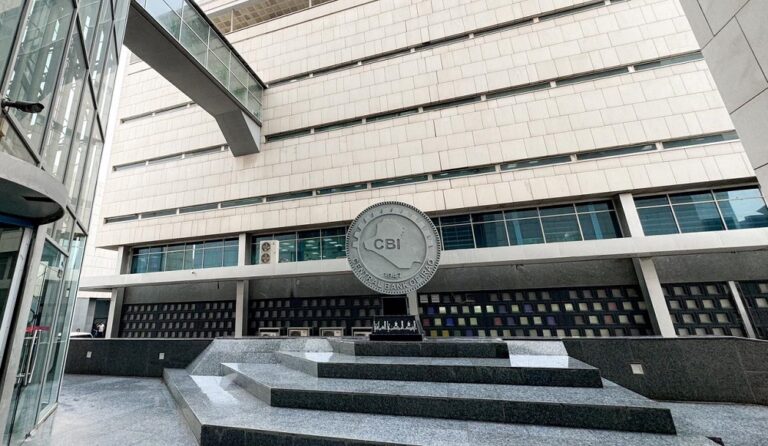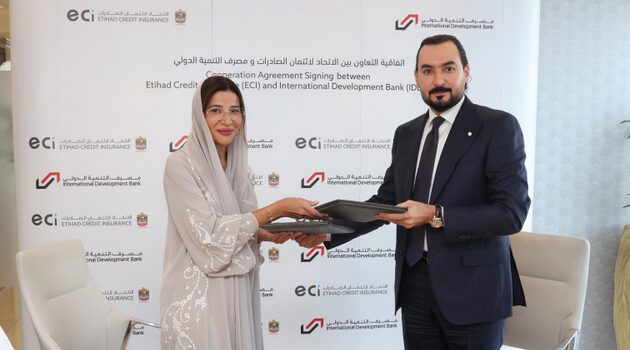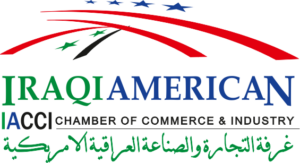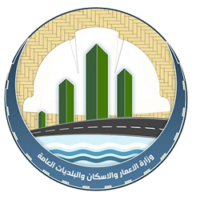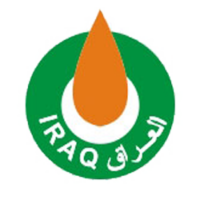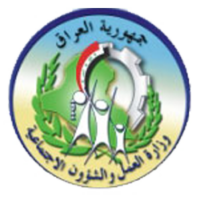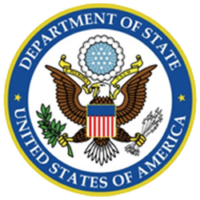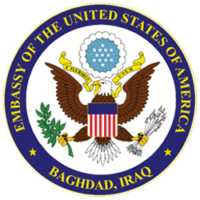Iraq’s economy has rebounded strongly since the new government took office in October 2022. This is due in part to the passage of Iraq’s first three-year budget, which entailed a large fiscal expansion starting in 2023. The Iraqi economy is projected to grow at 5.3% in 2025. However, there are also some challenges facing the Iraqi economy.
One challenge is the decline in global oil prices. Iraq’s economy is heavily reliant on oil exports, and lower oil prices could lead to a decrease in government revenue. Another challenge is the large fiscal deficit, which is expected to widen in 2024 and 2025. This could lead to an increase in government debt and higher interest rates.
The International Monetary Fund (IMF) has recommended a number of policy measures to address these challenges. These measures include gradually reducing the fiscal deficit, controlling the public wage bill, and mobilizing non-oil revenues. The IMF has also encouraged Iraq to improve its business climate and reform its state-owned banks.
Key points:
- Iraq’s economy has rebounded strongly since the new government took office in October 2022.
- The Iraqi economy is projected to grow at 5.3% in 2025.
- There are challenges facing the Iraqi economy, including lower oil prices and a large fiscal deficit.
- The IMF has recommended a number of policy measures to address these challenges.
Source:
IMF Executive Board Concludes 2024 Article IV Consultation with Iraq
